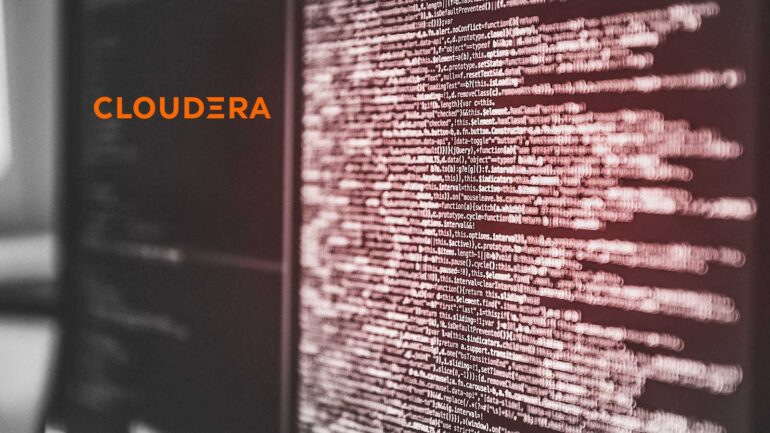TL;DR:
- Cloudera faces a $240 million judgment in a patent infringement lawsuit brought by StreamScale.
- Allegations revolved around Cloudera’s use of erasure coding technology in CDH 6.x.
- Intel had a related lawsuit with StreamScale, but both parties dropped their cases.
- The jury found Cloudera guilty of violating three of StreamScale’s erasure coding patents.
- Cloudera plans to appeal the decision while reassuring customers of service quality.
- StreamScale, known for NumaRAID technology, licenses to device manufacturers.
Main AI News:
In a recent courtroom showdown, a Texas federal jury delivered a staggering blow to Cloudera, hitting the big data software company with a hefty $240 million judgment. The case revolved around a patent infringement claim brought by StreamScale, shedding light on the high-stakes world of erasure coding technology.
StreamScale initiated legal action in March 2021, targeting not only Cloudera but also some of its prominent customers, including ADP, Experian, Wargaming (Austin), and Intel. Their allegation centered on Cloudera’s use of erasure coding technology in its Cloudera Distribution of Hadoop (CDH) version 6.x, asserting that it infringed on StreamScale’s patents.
Intel, one of Cloudera’s heavyweight allies, had its own bone to pick with StreamScale, filing a lawsuit in a Northern California federal court. The chip giant accused StreamScale of breaching a 2014 nondisclosure agreement (NDA) related to discussions surrounding the use of StreamScale’s technology. However, both Intel and StreamScale later decided to drop their respective lawsuits against each other, shifting the spotlight squarely onto Cloudera.
The legal battle culminated in a jury trial that concluded on Friday, October 13, with StreamScale emerging victorious. The jury ruled in favor of StreamScale, affirming that Cloudera had indeed violated three of its patents pertaining to erasure coding technology. Cloudera’s defense, arguing that its implementation of erasure coding in CDH differed significantly, ultimately fell short.
In response to the verdict, Cloudera expressed its strong disagreement, vowing to contest the judgment. The company remains committed to its customers, assuring them that the decision will not impact the quality and reliability of its data management and data analytics solutions.
StreamScale, the plaintiff in this landmark case, is a Waco, Texas-based company founded by inventor Michael Anderson. The company specializes in licensing its NumaRAID technology, with a notable clientele that includes Rorke Data, MTI Film, Deluxe Digital Media, Key Code Media, Aeon Computing, and Penguin Computing, among others. Licensing NumaRAID typically costs $2,500 per node, with a 10% annual fee.
Anderson’s journey began in 2011 when he adapted NumaRAID to enhance the erasure coding process. Over the years, he and StreamScale secured an impressive tally of 17 patents from the US Patent and Trademark Office related to erasure coding, a testament to their innovation in the field. StreamScale initially asserted infringement of six patents, and the jury agreed on three counts.
Conclusion:
Cloudera’s substantial loss in the erasure coding patent lawsuit has significant implications for the technology market. It highlights the importance of protecting intellectual property in the ever-evolving landscape of data protection and storage technology. The outcome may encourage heightened diligence among tech companies in navigating patent disputes and could lead to shifts in the erasure coding sector.

